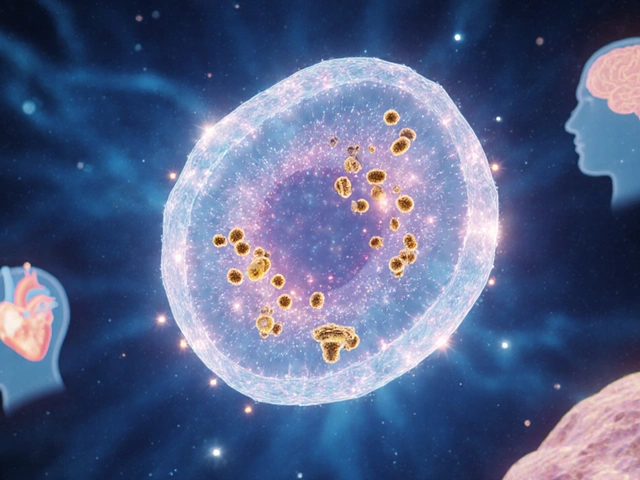IVF Emotional Impact: Understanding the Real Feelings
When you start an IVF cycle, your mind goes on a roller‑coaster. One minute you feel hopeful, the next you’re worried about the next injection. It’s normal to feel a mix of excitement, fear, and exhaustion. Knowing why these emotions show up can help you handle them better.
First, remember that IVF isn’t just a medical process. It reaches deep into your identity as a parent, a partner, and a person. Every hormone shot, every blood test, and every waiting period can stir up old insecurities about control, timing, and self‑worth. Accepting that the journey will touch those parts of you makes the next step feel less like a surprise.
Common emotional reactions during IVF
Most couples report at least three of these feelings:
- Hopeful anticipation: The first ultrasound often feels like a light at the end of a tunnel. You may talk about baby names and décor early on.
- Heightened anxiety: Hormone spikes trigger nervous system activity. You might notice a racing heart before every visit.
- Disappointment or grief: A missed cycle or a low embryo count can feel like a personal loss. It’s okay to mourn that outcome.
- Relationship strain: One partner may become more withdrawn while the other seeks constant reassurance. Communication can get tricky.
- Exhaustion: The schedule of appointments, medications, and travel wears you down physically and mentally.
Notice how these reactions often overlap. A single lab result can spark hope, anxiety, and disappointment all at once. That’s why many people feel “emotionally exhausted” even before a pregnancy is confirmed.
Practical ways to cope with IVF stress
Here are steps you can start using today:
- Set realistic expectations: Talk with your doctor about success rates for your age and diagnosis. Knowing the numbers removes some mystery.
- Create a supportive routine: Schedule short breaks for walks, meditation, or a favorite hobby. Even a 10‑minute pause can lower cortisol.
- Share the load: If one partner feels overwhelmed, assign specific tasks—one handles medication logs, the other books appointments. Shared responsibility eases tension.
- Seek professional help: A therapist who understands fertility can give you tools to process grief and anxiety without feeling judged.
- Build a community: Join an online group or local meetup of IVF couples. Hearing others’ stories normalizes the roller‑coaster.
- Limit social media triggers: Pause scrolling through baby pictures or success stories when you feel vulnerable. Curate your feed to supportive content.
- Document the journey: Keep a simple journal of feelings, milestones, and small wins. Looking back later shows how far you’ve come.
Remember that coping isn’t about staying positive all the time. It’s about giving yourself permission to feel, then choosing actions that protect your mental health.
Finally, keep communication open with your partner. Ask each other how you’re feeling, and listen without trying to fix everything. Simple honesty builds trust that carries you through the tough weeks.
IVF’s emotional impact can feel overwhelming, but with the right strategies you can stay grounded and supportive of each other. Use these tips, stay patient with yourself, and remember that every step forward is a step toward understanding your own resilience.

The Hidden Downsides of IVF: Risks, Costs, and Emotional Impacts
Wondering about IVF risks? This in-depth article digs into the physical, emotional, and financial downsides of IVF—honest, human, and eye-opening.

Best Natural Herb for Your Health: A Deep Dive
Feb, 26 2025

CoQ10 Benefits: Uses, Dosage, and Safety Guide
Oct, 8 2025

Essential Limitations After Knee Replacement Surgery
Nov, 21 2024

